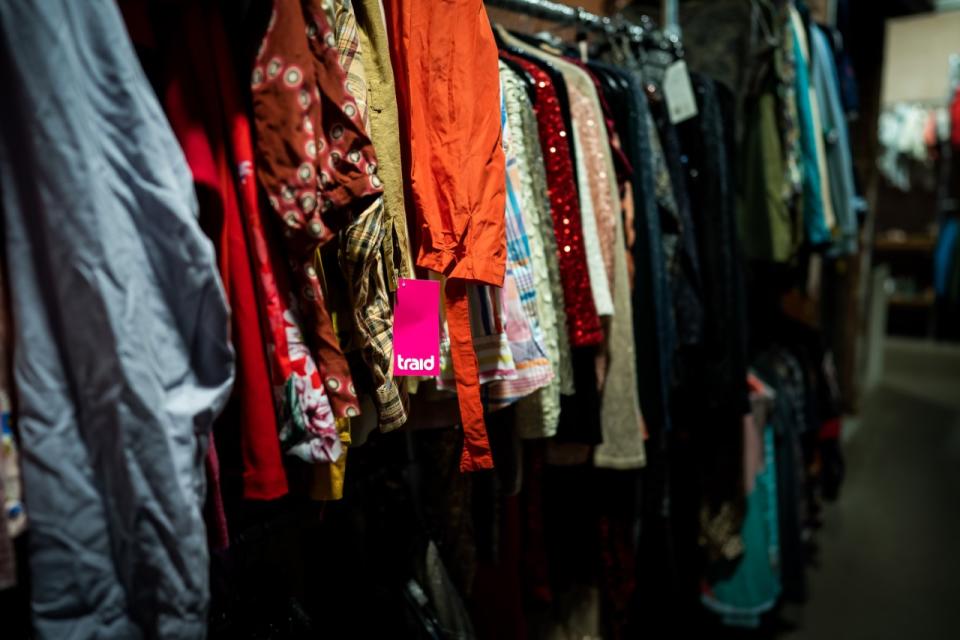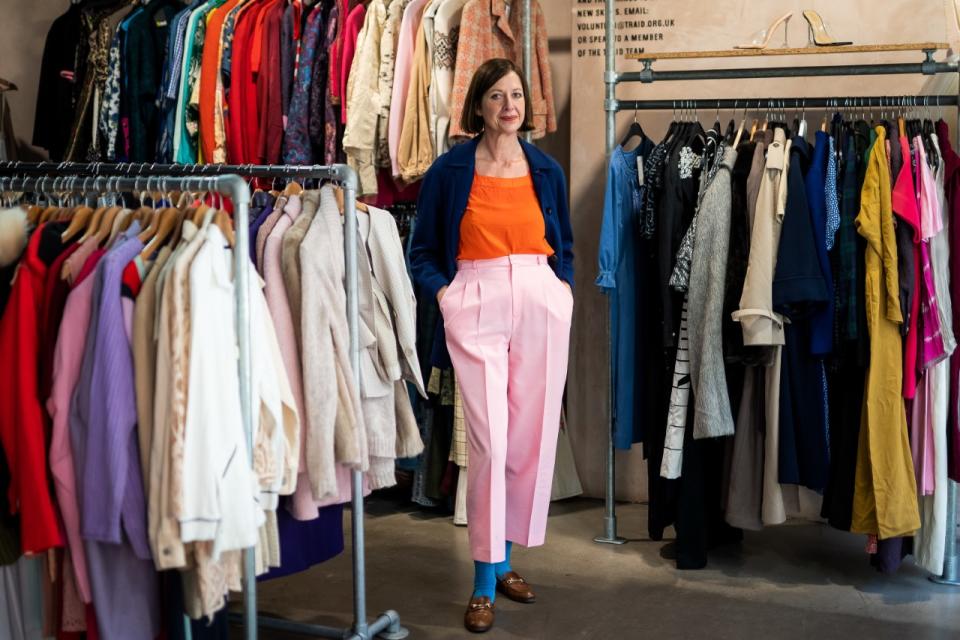The charity shop is still brimming with high-quality items, rather than being a ‘junk dump’ of ultra-fast fashion, said the sector boss.
Traid, a charity that works to prevent clothing from being thrown away, will divert 3,222 tons of clothing from landfills and incineration in 2022, reducing CO2 emissions by 30,609 tons and saving over 11.2 million pieces of clothing. You said you were able to use
The charity’s chief executive, Maria Chenoweth, said ultra-fast fashion is designed to “not last long” but can be sold in charity shops if it’s in good condition.

She told PA News Agency: We are not a super fast fashion dumpster or graveyard.
“Please do not bring unwearable or unusable clothing to the charity shop. It costs money to process and dispose of unwearable items.
“The best thing you can do for Charity Retail, one of the friendliest retailers you can step into, is donate clothing that’s still wearable. It’s okay, still take it.” can do.
“You can’t get it if it’s ripped, ripped, the hem is falling off, or it’s poked at night.
“In that sense, we’re not a recycler. It’s an industry that recycles things and gives them away to make people happy.”

Chenoweth added that the charity shop is still full of gems, and that if you flip through the rails at Trade’s Dalston store in east London, you’ll find items and designer treasures from the 1950s and 1980s.
“If you go to a charity shop, especially a Traid shop, you’ll find a huge array of clothing that was originally made to last and still lasts today,” she said.
Chenoweth said young people are returning to second-hand shopping, noting that charity retail has increased 12% compared to last year and Traid sales have increased 24% compared to last year.
This is due to an increase in new customers, she said.
“I’ve started seeing students at school come to the charity shop after school, which is really cool,” she said.

“Another thing people don’t realize about charity retail is that there are as many shops as there are fashion brands on the High Street, and as many people, including volunteers, in charity retail as there are clothing stores on the High Street. is working.
“What charity retail is doing, you know, at the moment it’s greenwashing and people are trying to find a good story to perpetuate fast fashion, but it’s really good for charity retail. We have a story and we don’t show it off.
“It’s really a kind economy, a green economy, a true circular economy.
Commenting on the future of charity retail, Chenoweth said: At a lower price, it means we have to sell more of it.
“Somehow everything still works together. I hope it stays that way.”
Funds raised at Traid shops will be used for global projects to improve conditions and working practices in the textile industry.

